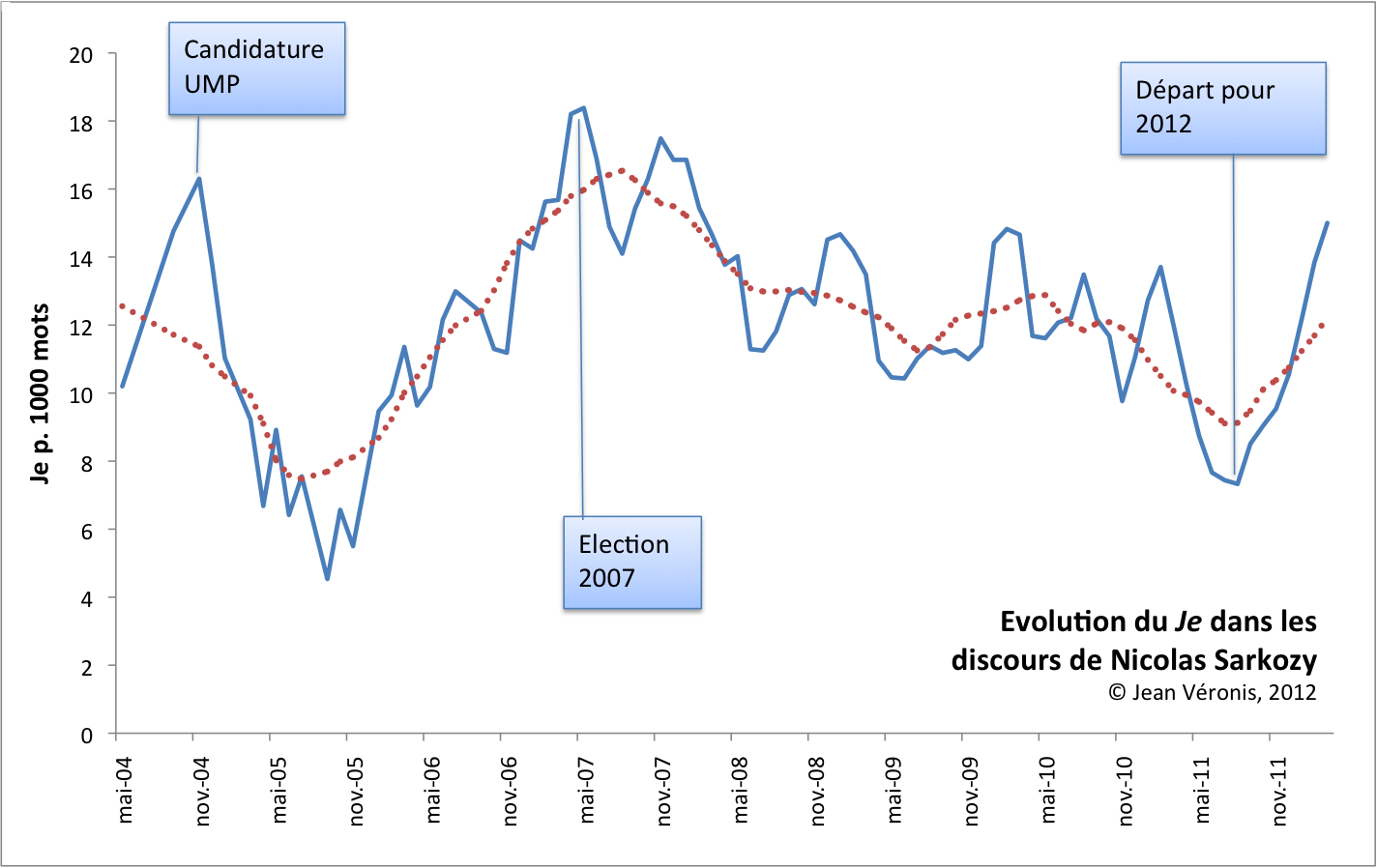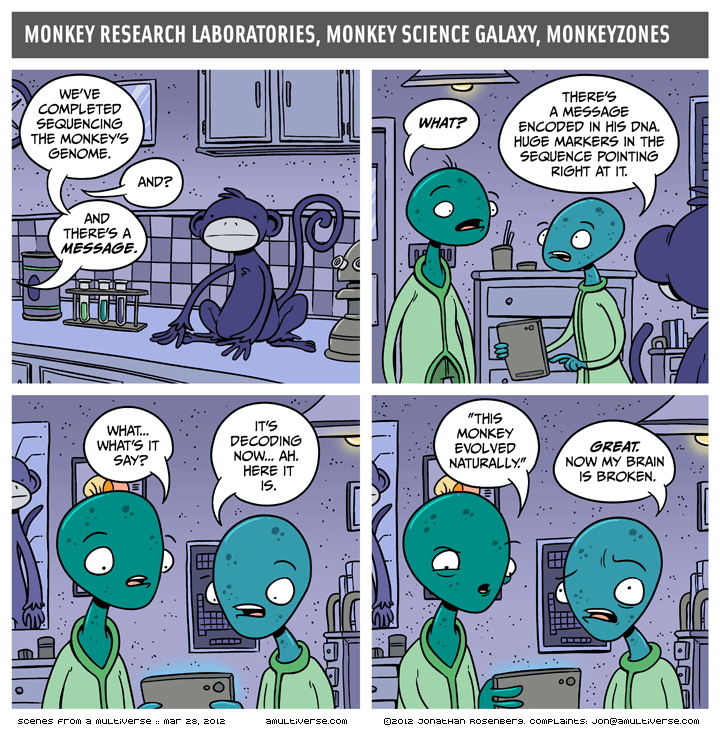Our posts about political language are usually reactions to things that politicians say, or things that pundits say about politicians. But this one is about something that mainstream pundits are not saying. Or more precisely, no longer saying very often.
The "President Me, Myself and I" meme — the false idea that Barack Obama uses first-person singular pronouns unusually, even unprecedentedly, often — seems to have slithered back into the swamp grass and gone dormant. It continues to infest the American Thinker (e.g. recently here), and it occasionally scurries out of the website weeds in places like Forbes, where one John Mariotti recently made a casual reference to the conventional falsehood in promoting his forthcoming book:
No other presidents in history have made so many speeches, appeared on television so many times, and used the pronouns “I” and “my” so many times.
But this sort of thing is not now regularly featured in the Op-Ed pieces of mainstream gasbags like George Will, Peggy Noonan, and Stanley Fish, as it was a few years ago.
Read the rest of this entry »




